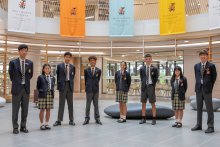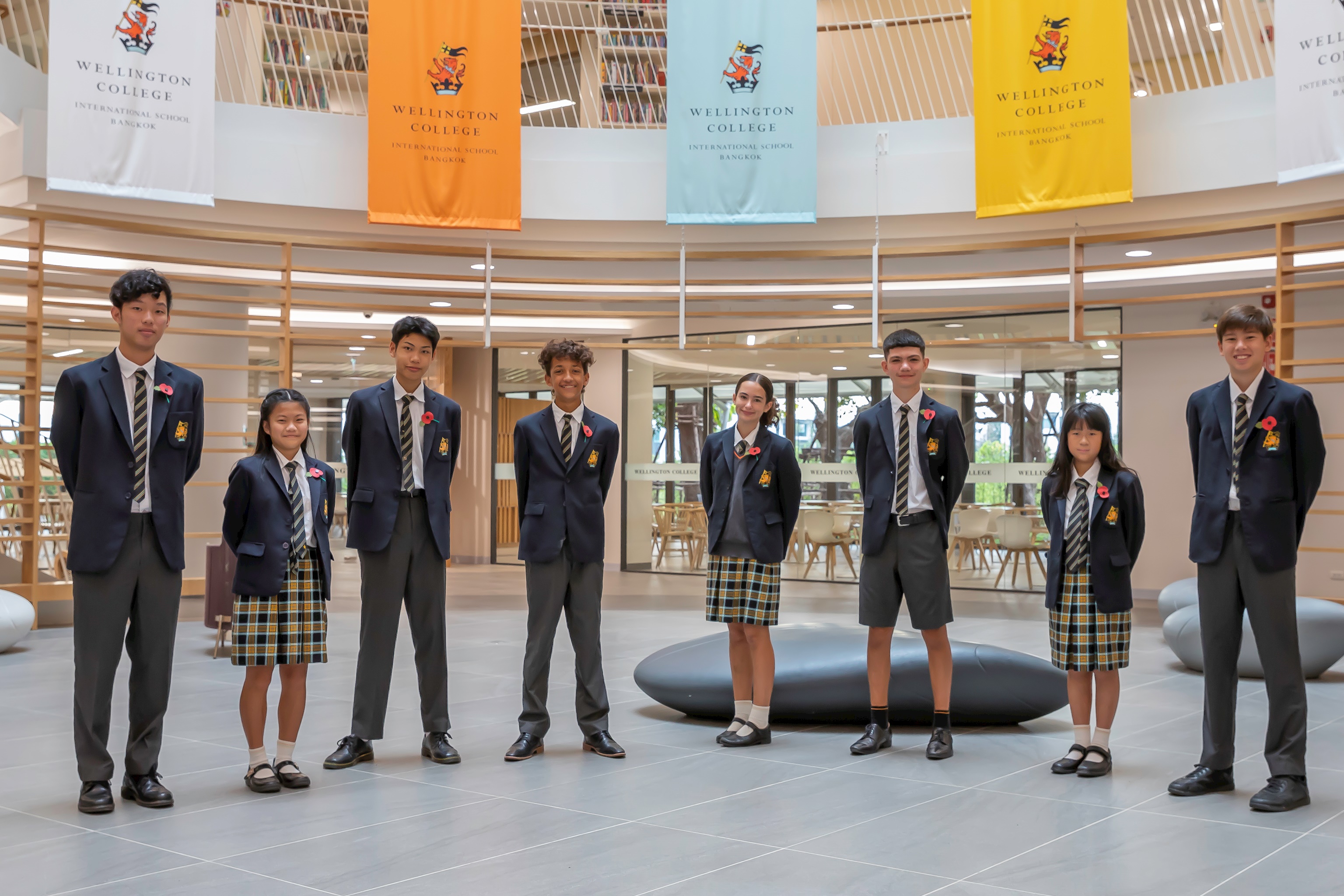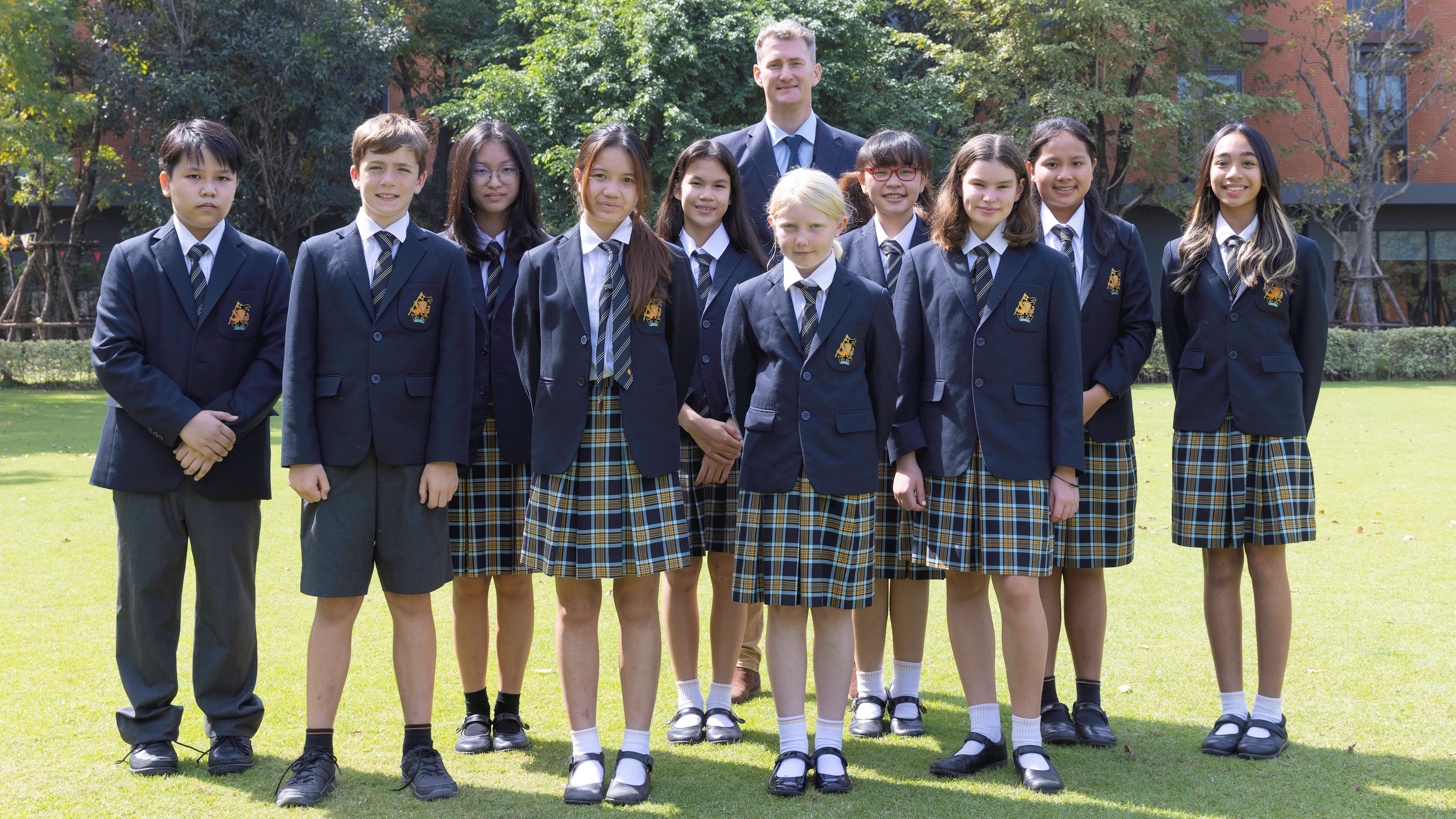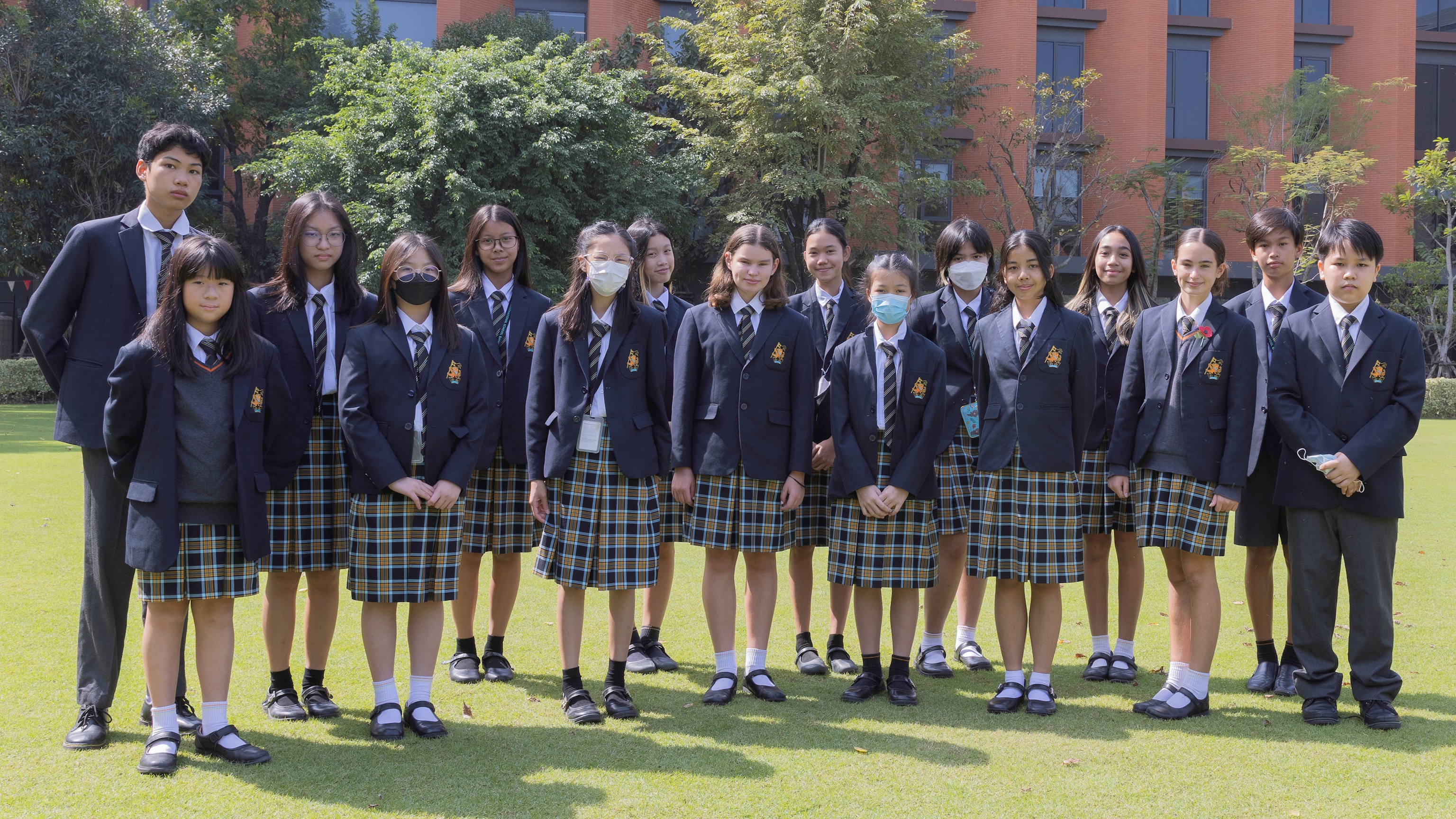
‘Student Voice’ is the name given in education circles to the range of opportunities students have to actively participate in School life by putting forward their views, concerns and ideas, and thereby contributing to decision making and collectively influencing outcomes.
There are many benefits of including student voice in decision making – for teachers and school leaders just as much as for students themselves. It helps to establish a positive environment where individual students know their voices are being heard and their contributions are being valued and taken into account.
Involving students in decision-making gives them access to a whole school perspective. It creates meaningful opportunities for collaboration between students and teachers beyond the classroom in which they work together on common issues and concerns. Students increasingly come to experience their membership of the school community not as children who receive instruction, but as active participants who understand how rules are developed, how systems are built, what problems are encountered and we might seek to solve them. Through this process teachers gain invaluable insights into how school looks and feels from the perspective of students. If we want students to be happy, engaged, inspired, hard-working and successful, to enjoy and benefit from each day they are at school, we have to begin by understanding how they experience school life.
Of course, taking student voice seriously also allows students to develop their capacity as leaders and communicators. They learn how to manage meetings and agendas, how to listen carefully and reflect upon their own an other peoples interests and experiences. They learn how to mediate their interests and concerns to an adult audience. Ultimately, they learn how to share ideas and work collaboratively to bring about positive change.
There are a range of ways Student Voice exists at Wellington. The House system is one of the things that makes Wellington distinctive, and the role of House Captain is one way in which student voice is encouraged and developed. House Captains are elected by their peers to lead and represent the House. They work with the Senior School Leadership Team to coordinate house activities, competitions, and events. House Tutors will expect them to lead by example, and they will delegate tasks and projects to their Captains. A fundamental responsibility for House Captains is to lead and support their peers as they prepare for competitions and challenges. A good House Captain quickly learns when to lead from the front, and when to rally the troops from behind. They learn when to be directive and when to listen. They learn how to be inspiring, how to set collective goals, and how to take other students with them towards the achievement of those goals.

A second forum through which student voice is developed is the Student Council. Where House Captains represent member of their House who are drawn from different year groups, Student Council members are tasked with representing the other members of their year group. They are not elected. Nonetheless, they are first asked to gain the support of at least 10 member of their year group who will “nominate” them and second, as a nominated candidate, they are asked to write a Letter of Application outlining their suitability for the role. Once appointed, councillors must work hard to survey the opinions and interests of their peers; they need to gain the trust of other members of the year group who will bring them suggests and proposals about all aspects of school life. Councillors regularly meet together to discuss issues, work through common concerns, propose changes and work out how to resolve problems. After meetings and discussions they are then tasked with actions – to take the Council’s findings to the appropriate people around school who can make things happen.

A third student voice initiative at Wellington is the Student Communications Team. This group of students is responsible to developing the written and visual content that students want and need to know about. They write the copy for the display screens around school which they have to regularly update. They write, design and edit the Senior School Scoop, which covers articles of interest to other students, match reports, and updates on some of the exciting development at our sister Wellington schools around the world.

These three different avenues for student voice are of course surrounded by the myriad of more informal conversations and discussions between students and teachers and leaders about how things work and how to do things better. Giving students meaningful opportunities to contribute their ideas on how school works is fundamental to our project here at Wellington.
After all, this is their School.



















